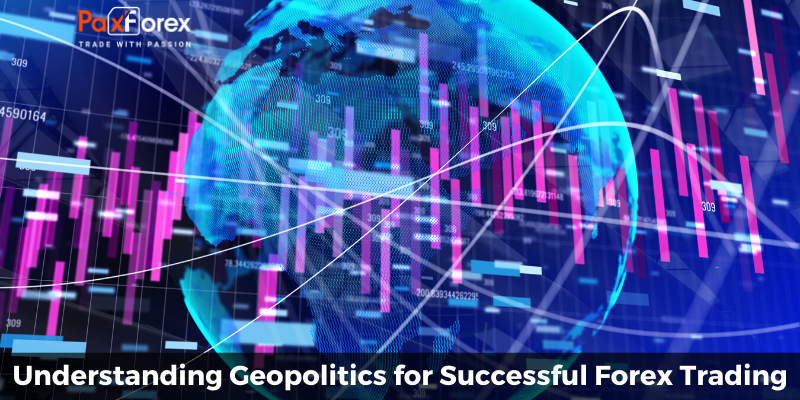
Because the forex market touches every country’s economy and is a highly inter-connected marketplace, it is extremely sensitive to geopolitical events that can cause an immediate effect on the prevailing currency rates. Under the umbrella of geopolitical events, there are many categories, ranging from local elections to budget negotiations and referendums to missile launches. Sometimes, these happenings fly below the forex market’s radar and other times, these events have a sizable effect.
One of the first questions that virtually every trader tries to answer is what makes the prices of currencies move on the open market. The reality is that values fluctuate constantly in the currency markets and, more often than not, they are at the mercy of the countless trends and influences found throughout society. Geopolitical turbulence, macroeconomic policy, government legislation, and technological breakthroughs all rank among the most influential world events on forex prices. Events which affect the forex market can be as benign as a democratic election which returns the predicted outcome, or as unpredictable as the outbreak of a war, or a natural disaster.
Often, a country’s interest rate can soar or plummet depending on its foreign and economic policies. Conflict of interests and geopolitical shifts are also responsible for major currencies’ fluctuation. It’s also important to remember that people are behind these decisions and mistakes are also bound to occur along the way. Lobbies and big companies also play a heavy hand in determining the strength of a currency, for people often try to curry favor with government authorities to shift the markets in their direction.
Most currency traders who use fundamental analysis will look at key economic data releases and the results of current geopolitical events occurring within each currency that makes up the relevant currency pair. They then use this information to help decide which direction to take in the currency pair. The sum total of their collective decision-making process results in the phenomenon of market sentiment. Market sentiment makes up a large psychological component of what drives changes in the market value of a currency pair’s exchange rate.
The key take away from this article is that the value of a currency depends on the nation’s economic strength and stability. For this reason, any catastrophic event or future uncertainty about the ability to predict the country’s economic outputs will always work against the relative strength of the country’s currency. With this in mind, when you trade forex, it is vital to have a clear understanding of the geopolitical events happening in the world and the impact these events will have on the currency you wish to trade.







